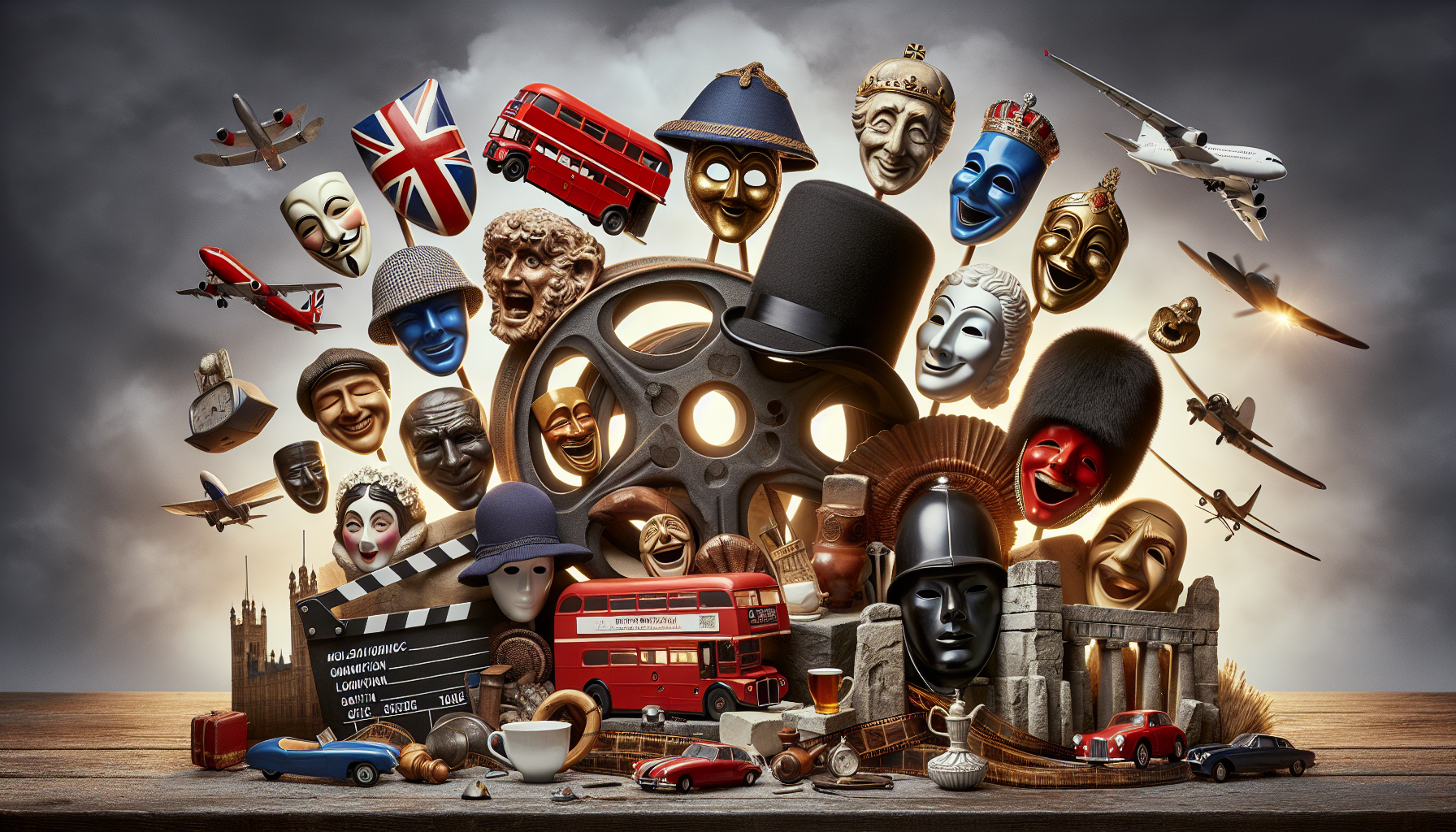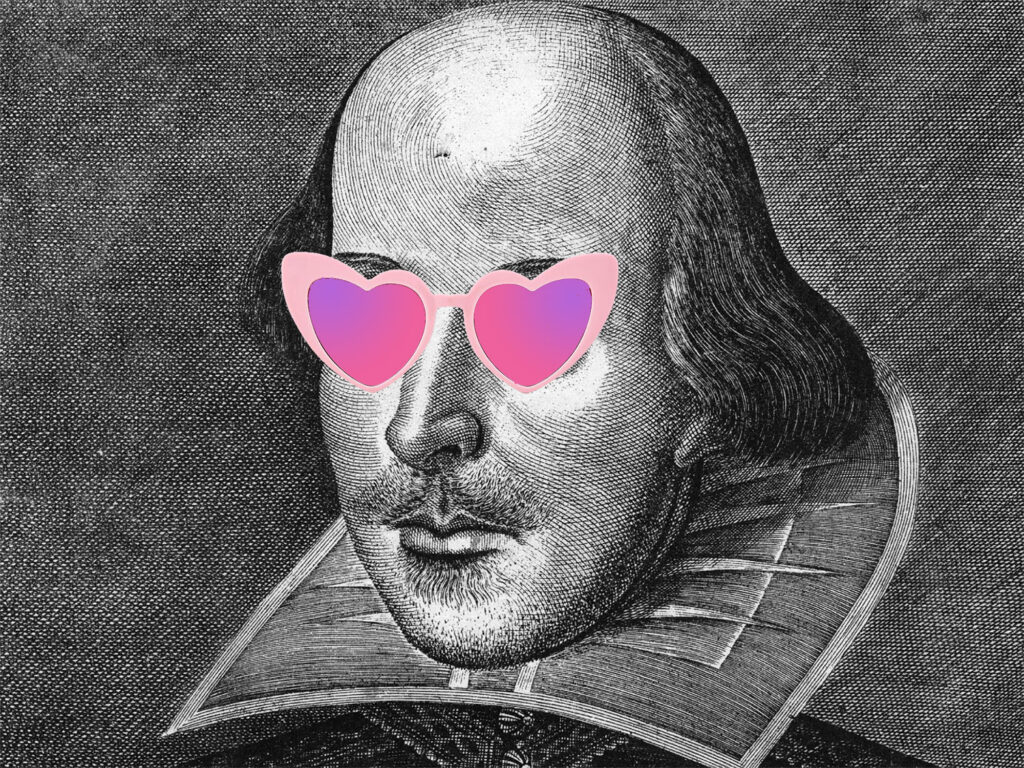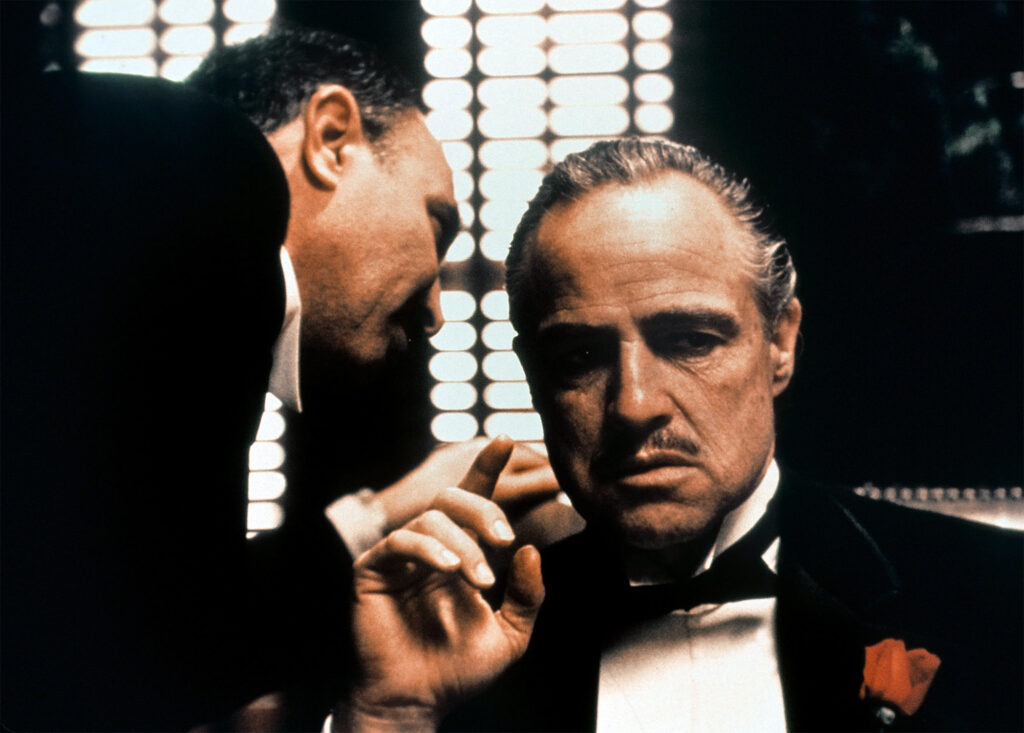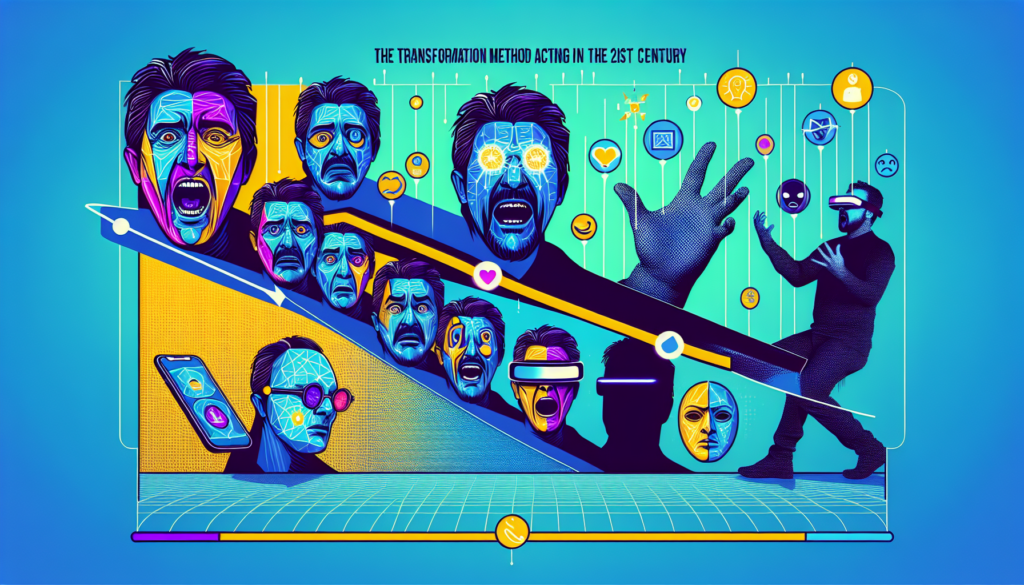British actors’ invasion of Hollywood is not a new phenomenon, but rather a continuation of a trend that has endured for several decades. From the classical performances of Laurence Olivier and Vivien Leigh to the magnetic charisma of Cary Grant and Audrey Hepburn, British talent has always been a permanent fixture in Hollywood. More recently, actors such as Benedict Cumberbatch, Idris Elba, Helen Mirren, and Hugh Laurie have continued to hold the Union Jack high on Hollywood’s international stage.
The British invasion of Hollywood began in the early 20th century, with silent film stars such as Charlie Chaplin, Boris Karloff and Stan Laurel making waves across the pond. The trend continued into the talkies era, where actors like Laurence Olivier, Vivien Leigh, and David Niven made significant contributions to Hollywood’s Golden Age. This push triggered a continual influx of British performers to Hollywood, which has not wavered since.
One reason for this continued invasion is the outstanding reputation of British actors in the industry. Trained in the hallowed halls of institutions such as the Royal Academy of Dramatic Art (RADA), British actors are revered for their range, discipline, ability to assimilate into character and transformative performances. This solid grounding enables them to effortlessly traverse mediums, oscillating between theatre, television, and film.
Recently, there has been an increase in British actors playing quintessentially American roles. Christian Bale stormed through as Batman in Christopher Nolan’s Dark Knight trilogy, and Andrew Garfield followed Tobey Maguire as Spiderman. Gary Oldman gave an Oscar-winning performance as Winston Churchill in “Darkest Hour,” and then Hugh Laurie offered a flawless American accent as the iconic Dr. House in the hit television series House, M.D. These achievements illustrate not only the versatility of British talent, but their undeniable ability to meld seamlessly into American cultures and scenarios on screen.
The British invasion also incorporates some of show business’s most successful actresses. Dame Helen Mirren and Dame Judi Dench have claimed several Oscar nominations (and victories). Kate Winslet has dominated both sides of the Atlantic with her masterful performances in period dramas and contemporary films alike. Emily Blunt has delivered dynamic performances including the hardened survivalist in “A Quiet Place” and British classic “Mary Poppins Returns.”
Interestingly, this invasion also expands to behind-the-scenes roles. British directors and screenwriters such as Christopher Nolan, Steve McQueen, and Phoebe Waller-Bridge have significantly influenced the film and television industry in recent years.
Clearly, the depth and breadth of British talent extend far beyond acting. The British flair for storytelling, stemming from a profound literary heritage, combined with discipline, training, and nuanced performances, contribute significantly to Hollywood.
However, this enduring British invasion has raised questions about representation and diversity in Hollywood. Critics argue that British actors landing emblematic American roles hamper opportunities for local talents, and calls for better representation of home-grown talent are ringing louder than ever. Hollywood needs to ensure the pursuit of international talent does not sideline the cultivation of local artists.
In conclusion, the British invasion of Hollywood is a testament to the unending prowess and appeal of British acting talent in global cinema. As the film industry becomes increasingly global, borders continue to blur, leading to a more diverse and representative cinema landscape. British actors have proven their versatility, expertise, and appeal over the years.
However, while marvelling at their successes, it is crucial to strike a balance and ensure Hollywood remains a platform for multicultural, home-grown and international talents. Thus, the British invasion is not a threat, but a celebration of the global richness of talent contributing to Hollywood’s enduring magic.




